Is My Cat Sick?: How To Tell If Your Cat Is Sick or Sad
Just like our four-legged
canine companions, feline Furkids share the equal ability to feel depressed.
Yes, even when they are usually derived as independent, and less expressive
creatures (so wrong by the way!) Research
by Veterinarians and Behaviourists have mostly confirmed that a Cat’s
depression is almost usually co-related to an underlying illness. So as Pet
owners, it wouldn't hurt to know a few key signs to look out for,
right?
How do we tell if our
Kitties are ill or sad? For the most part they’re not blessed with the ability
to speak, so we’d have to rely on monitoring their behaviour. Simply by
spending more time with them, you should be able to tell whenever some
behaviours seem different, or even unusual.
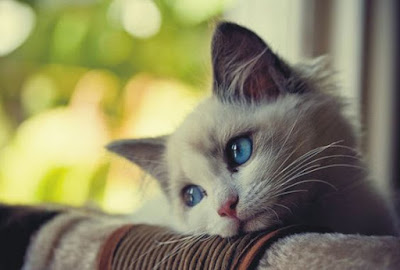 |
| Source |
Is My Cat Sick?
Here are a few signs you could absolutely keep an eye out for when your Cat starts acting strangely, and most importantly, don’t panic or be too quick to jump the gun! As mentioned, some obvious signs include:
1. Excessive Vomiting — Experts
and Veterinarians have advised that a Cat vomiting once in awhile could
actually be healthy, as it helps them get rid of any indigestible stuffs in their
bodies, or hairballs. But if this occurs way too often throughout the day, please consult
some medical help from a Veterinarian immediately.
2. Heavy Breathing — Cats are
not supposed to be breathing heavily with opened mouths, nor have heavy heaving
muscles as they do so. Heavy, dry coughs are also not a good sign, if you
notice your Cat doing these, please seek Veterinary help immediately.
3. Head Tilting — Head tilts
in a disoriented manner and Cat seems to have lost its bearings while moving
about constantly (not in a confused or
curious manner) could indicate neurological issues or even a ear infection.
Cats are supposed to be agile and active, so you can see why this raises flags.
Consult a Veterinarian immediately.
If you are a first
time owner, you may also want to check out our article on Understanding Cats’Behaviour, which gives a guide on how to better understand some common actions
of our feline pals ☺
Signs
that are harder to identify are small, but simpler to pick out especially if
you’ve spent a lot of time with your pet Cat. The following signs are
behavioural changes to look out for.
4. Extra Vocal — When a
normally quiet Cat starts getting way too vocal, there has got to be something
wrong, especially if the vocalisations are in deep yowls. On the other hand,
Cats that are normally chatty may become much quieter than before.
5. Excessive Sleep — We are
aware that Cats sleep most of their time throughout a day, so this is entirely
subjective to every individual Cat’s lifestyle habit. For example, you should
have the best time gauge to when your Cat is usually most active, or asleep.
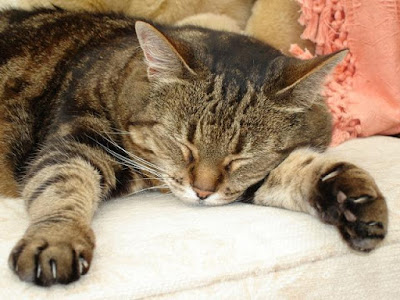 |
| Source |
6. Loss Of Appetite — This point
applies to every living creature, we need food to survive and for energy, but
when we are depressed or sad, most of us shun away from food. Loss of appetite
is a huge indicator that your Cat may be depressed or ill, so keep a close
watch on their daily intakes.
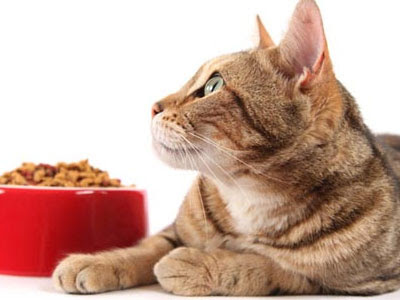 |
| Source |
7. Lack Of Interest — Another
pointer similar to our canine friends, and we all know Cats are usually rather active when playful, especially when they are Kittens. When they abruptly start acting lethargic and uninterested in playtime or food and even treats, it’s
highly due to an underlying illness. For Adult Cats, that could also point to depression.
8. Hiding And Aggression — Most Cats find a nice dark corner to hide away
when they are depressed or ill, and like our Doggy pals, Cats have the tendency
to avoid other Pets or Humans in the household too. Sometimes, in
means of self-protection (knowing they
are unwell and vulnerable), they may react aggressively as well. Otherwise
they may do the complete opposite and begin to be extra clingy to their Humans,
like sleeping real close to you, out of the blue.
9. Bad Toilet Habbits — Cat lovers
would tell you how important it is to find your Cat a suitable litter-box, and
how much they like their litter boxes to be clean. So if a potty-trained Cat
suddenly starts missing the litter tray or box and starts pissing around the
house, your feline pal is trying to tell you that they are definitely bugged by
something. Keep an eye out for blood in their urine or stool too, an indicator
or certain illnesses.
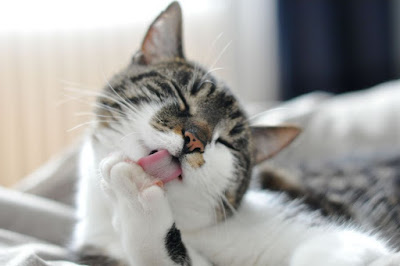 |
| Source |
10. Poor Self-Grooming— Cats are supposed
to be fastidious, and a healthy Cat’s coat should look glossy and well-kept.
Despite the fact that you are to maintain grooming efforts on your own end,
their coats should not look matted, dull or messy. Depressed Cats usually do
not spend time grooming themselves. Kinda like how a depressed person would
mope around and think “why even bother”.
What You Can Do
First of all, at any sign in changes in your Cat’s behaviour, you should absolutely schedule a visit to your trusted Veterinarian to determine if the issue is related to your Cat’s physical health. And as we’ve mentioned, it most usually is tied to an illness. Otherwise, it could be a passing of a companion Pet or Human. After a proper diagnosis, you can try out the following at home:
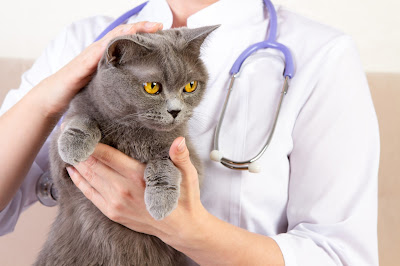 |
| Source |
1. More Attention — Perhaps
you have been busier lately, gotten more responsibilities to handle, and
neglected your Feline friend. Spend a little more time with them, this is
especially obvious when your Cat starts coming to your or attention (if it usually doesn’t) Letting them know
you still love them gives them a sense of assurance and security.
2. Keep Your Cat Entertained — When you
are at work or if you’re busy, make sure that your Cat is properly entertained
with toys, especially those that are stimulating (i.e. puzzles, cat-nip, crackling noises). A Cat Condo works as
well. In the day, keep your curtains open so they get to lounge in the light
and watch birds if they’d like to. Don’t forget to keep your windows meshed for
their safety!
3. Medication — In very
severe cases where the above suggestions don’t work after a few months,
Veterinarians may prescribe Cat Pheromones or medication that aids in
relaxation and happiness. These are only prescribed in very dire situations and
should adhere to strict instructions as provided by the Vet.
Notes
All our
Feline pals deserve as much love and care from their owners, and they are by no
means not expressive! In fact, lots of owners have bonded with their Cats in
much more way than one, and studies have also shown how Cats are much more
affectionate in their own ways. So don’t take the silence for granted, spend a
little more time to study and understand their daily behaviour to be able to
notice unusual patterns.
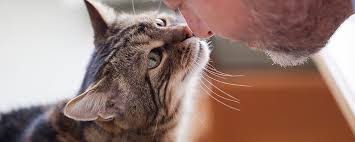 |
| Source |
Understanding Cats Behaviour: What Is My Cat Saying?
Cat Behaviour: Seven Reasons To Why Cats Love Kneading
Why Do Cats Love Boxes?: Top 3 Reasons To Understanding This Cat Behaviour!
Your Stories Can Be Heard Too
Got a tip to add on? Your voices are important to us and the Pets community! Our readers are encouraged to share their Pet-related reviews of a place and its services, experiences, even lifestyle tips and tricks to better our Pets lives, on our platform, one paw at a time. Be a part of an educational and informative Pets community because at ThePetsDialogue, your voices could make a huge difference on a global scale.
Write to us at [email protected] today!
Our website is a work in progress, however, if you did find our articles interesting please do feel free to share! For more Pet care tips and other Pet-related articles, head to www.thepetsdialogue.com☺
Disclaimer
This article was written with informational purposes, as you know, we’d love to share our collective research and experiences as fellow Pet owners and lovers. It is not meant to alternate in any way as advice or diagnosis of Professionals.
ThePetsDialogue claims no credit for images posted on this article unless otherwise displayed/stated. All rights go to respective owners as mentioned. If you do not wish for your image(s) to appear here do drop us an e-mail and it will be removed promptly. If you do wish to use any of our original published information, you are welcome to contact us!




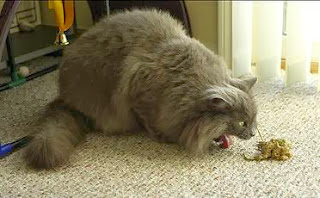
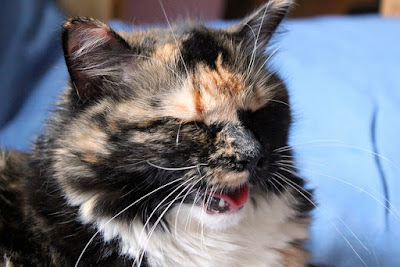
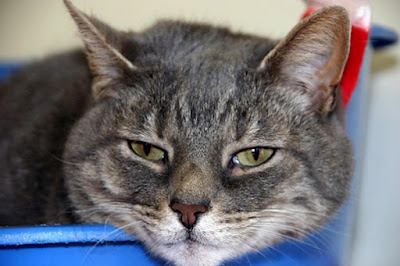
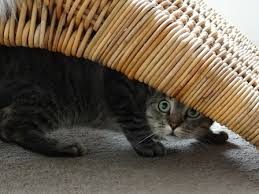
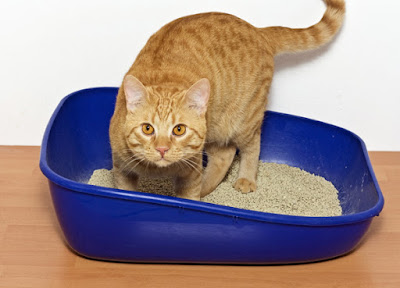
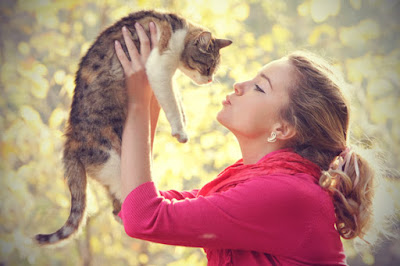

No comments:
Post a Comment